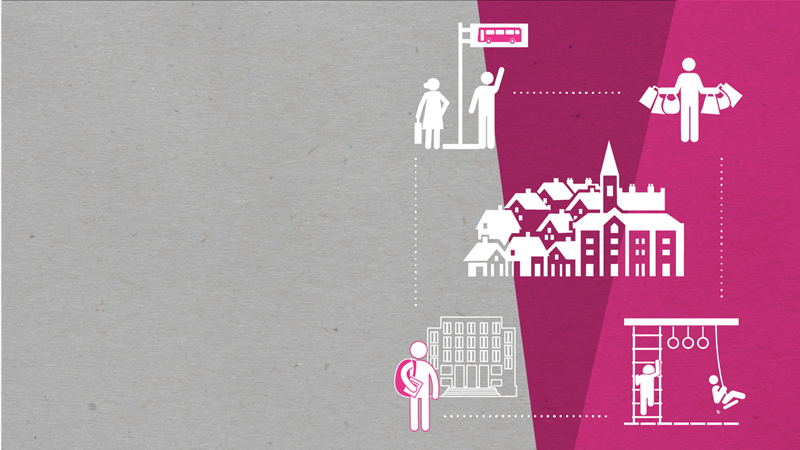14,000 new GPs needed to close health inequality gap
Our latest report has laid bare the huge disparity in local healthcare provision in the UK – and has shown how that drives inequality in some of the UK’s most deprived places.
The latest research, with modelling done by a former senior HM Treasury and MHCLG economist, shows that placemaking interventions can help reduce the impact of unequal access to healthcare in areas across the country, reducing overall inequality and delivering better outcomes while saving money for the taxpayer.The findings sit alongside new polling, done by Survation on behalf of Mace, which found that the majority of the country don’t trust any political party to deliver ‘good places to live’ and that 90% of people rate healthcare facilities and low crime rates as the most important factors when choosing where to live.
Ahead of the UK General Election on 12 December, the report, ‘Joining the dots: moving beyond place to help solve the UK’s inequality problem’, is a call for our next government to build on their manifesto pledges and take real steps towards meeting the needs of communities across the country.
The report suggests a number of policy initiatives that could help local authorities, the NHS and developers address inequality and poor healthcare outcomes through placemaking.
These include the suggestion that ‘Supercharged’ Development Corporations could take on the challenge of integrating transport connections, healthcare and education to deliver better outcomes for people.
Among the areas that would benefit the most from a placemaking approach to solving inequalities, are Durham Dales, Blackpool and Knowsley – where deprivation levels are the highest in the country, but access to healthcare facilities is the lowest.
Granting funding to development corporations through Homes England could see more people gaining access to healthcare facilities. The research shows that this would reduce the number of additional GPs that need to be recruited - estimated to be 14,000.
Jason Millett, COO for Consultancy at Mace, said:
“Our research shows how targeted placemaking interventions could help close some of the inequalities that exist around the UK; helping to transform ‘forgotten’ places into thriving communities, where people can feel happier, healthier and have more aspiration.
“Our new report is a call for the next government, planners and developers to put people at the centre of new housing developments and regeneration projects to ensure they work for the communities who live there.”
Contact us
-
Mace Media Line
+44 20 3824 3600Email











